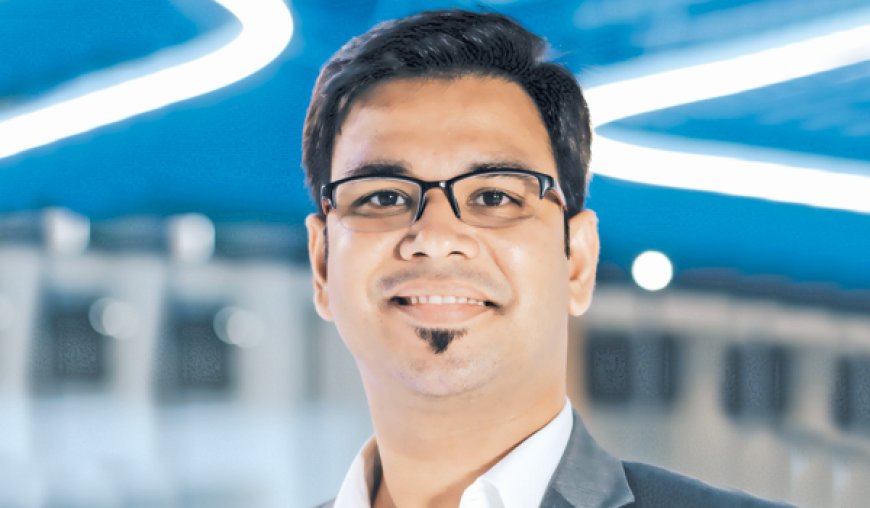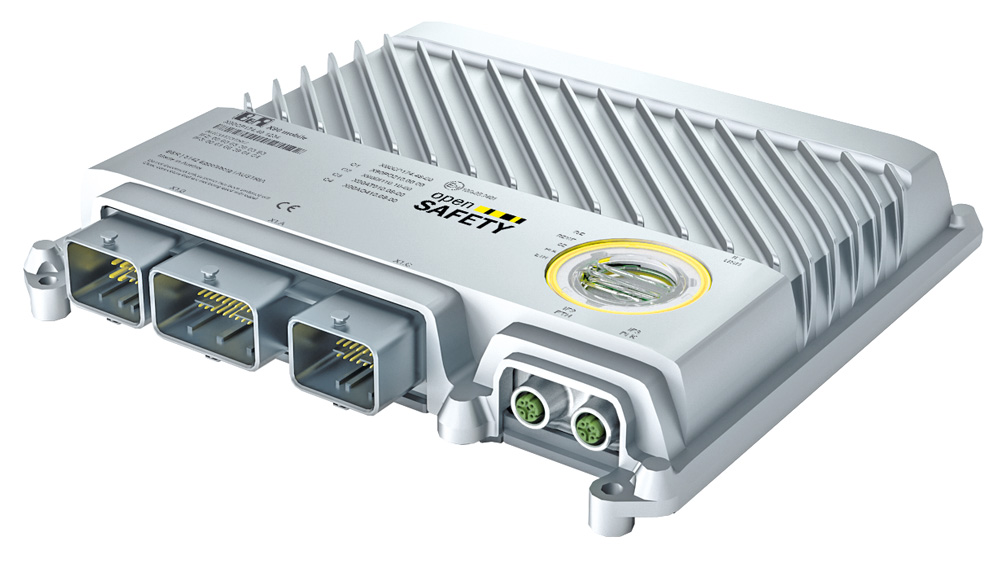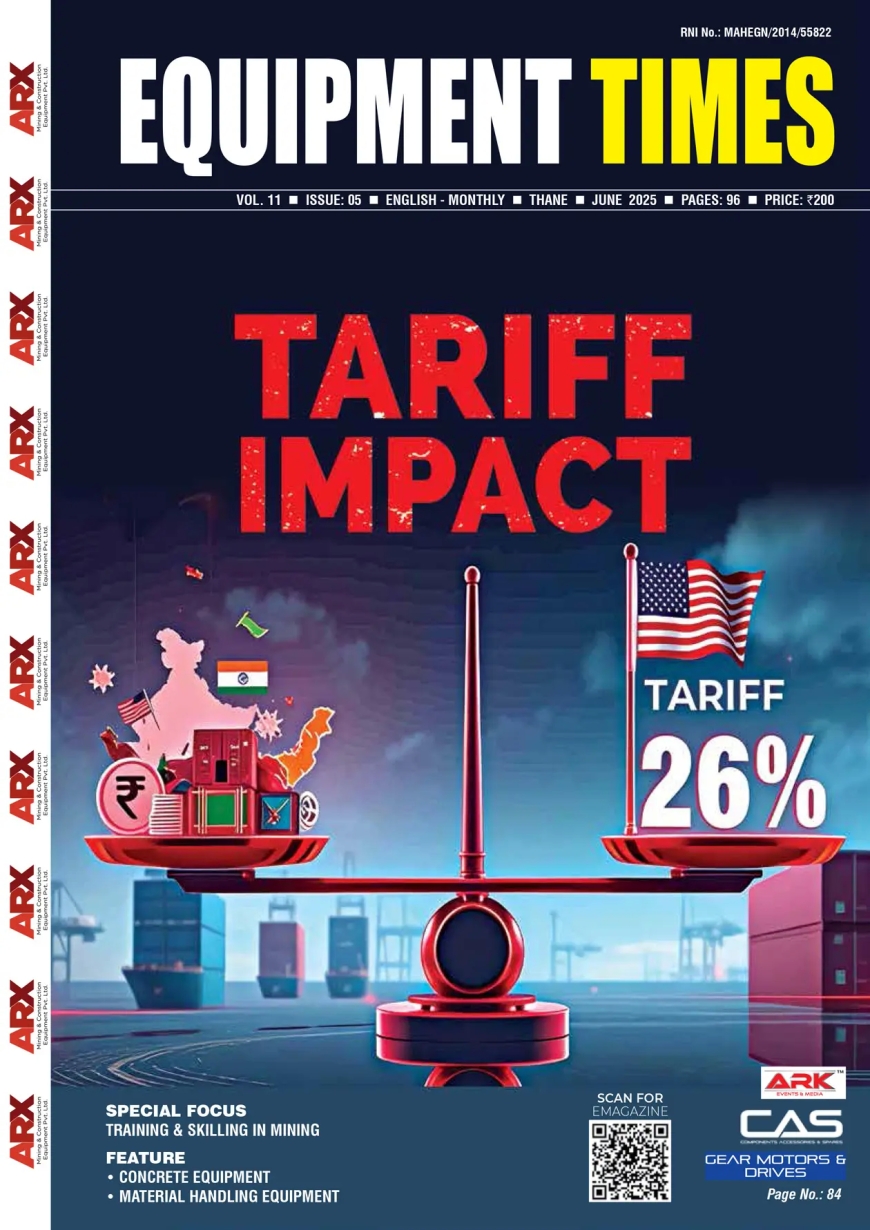Automation driving Smart Industry
Himanshu Sharma, Head – Marketing and Corporate Communications, B&R Automation Digitalization brings big challenges for machine builders, but it also opens up new avenues to deliver value to their customers. The Digital revolution is changing our manufacturing industry, society, and

Himanshu Sharma, Head – Marketing and Corporate Communications, B&R Automation
Digitalization brings big challenges for machine builders, but it also opens up new avenues to deliver value to their customers. The Digital revolution is changing our manufacturing industry, society, and economy in many ways. Smart and advanced technologies are already generating value with various personalized products, smart manufacturing processes, services, thus, enhancing lifestyles. Over the years, automation has gained momentum in India with automated shop floors, smart buildings and vehicles, smart homes, and intelligent connected vehicles. Factories and plants have incorporated automation, robotics and digitalization in all their operations. Today, factories look at connecting their assets and machines to the IT infrastructure with a possibility of accessing them from anywhere across the world. This is the generation of smart industry indeed.
 Trending and emerging automated technologies in Indian manufacturing
Trending and emerging automated technologies in Indian manufacturing
Smart automation technologies will further throw up endless possibilities in industrial manufacturing. As per reports, sustainable innovative technologies are driving the demand for various automation, and ro¬botics, thus, boosting adoption of digital and smart technologies. Without a doubt, automation technologies have contributed to transforming the manufacturing industry. Today, many machines, lines, factories, and plants are automated. Yet, many are still de-pendent on semi-automatic or manual operations. It is only a matter of time before these moves in the direction of automatic operations. Moreover, it is just not automating machines or processes. It is more about making them smarter, intelligent, and autonomous. Thus, with automation and digital technologies becoming more necessity over luxury, we will witness more adoptions within a short period. In addition, the use of technologies has made it possible for machines and humans to collaborate to increase efficiency. Automation and digitalization make processes flexible and versatile and make them cost-effective in the long run and increase the scalability of manufacturing businesses. The integration of automation leads to the development of new business models. With the propagation of Industrial IoT, Indian manufacturers want to offer their customers more value-added services. With advanced automation enabling technologies such as hardware and software to be integrated with machines, new business and revenue generation models will arise. Customers will be more than willing to pay more for the additional value-added results from the utilization of automation technologies. Implementation of Industry 4.0 technologies will bring extensive benefits in new business models, new application opportunities, different work cultures, and services.
Allowing smart applications with single device
Indian manufacturing is experiencing swift progress due to various factors coupled with the Indian government’s vision of making India a global manufacturing hub. This, in turn, fuels growth and drives demand for adoption of advanced automation and technologies as they act as enablers for improving the efficiency of operations and reducing costs. We at B&R help our machine builders build intelligent machines, making factories efficient, utilizing less energy, reducing wastage, and becoming highly productive.
Hits: 5








